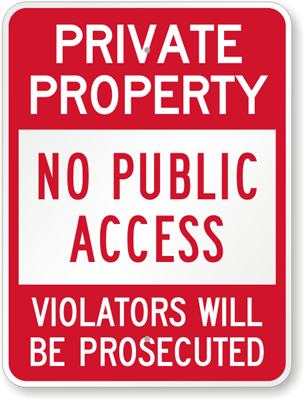
Over a year ago, John Newman and Robin Feldman wrote in the New England Journal Of Medicine about a company, PAR, attempting to assert a copyright over the Mini-Mental State Exam (MMSE). While I found PAR’s enforcement of the copyright morally reprehensible, I had little legal knowledge to know whether their copyright claim had any legal standing. That has all changed thanks to another fine article by Newman and Feldman in the Stanford Technology Law Review (free to download here). I can now gladly say that my moral disgust is now on equal footing with a firm belief that the law is not on PAR’s side.
A Little Background on the MMSE Debacle
Let’s take a step back though and remind everyone of what we discussed in some previous GeriPal posts about the MMSE copyright debacle. The MMSE, despite all of it’s flaws, is probably the most commonly used cognitive screening test out their in medicine. Its widespread use can largely be thanked to several factors, most importantly is that for 30 years it was free for anyone to use and reproduce, as the creators of the MMSE never enforced their copyright. The MMSE is also not a novel cognitive test, as it is clearly a derivation of other prior cognitive tests. As discussed in detail in a previous post, the MMSE is:
- Not the first short cognitive test
- Not the first test to include questions on orientation
- Not the first test to include registration and recall questions
- Not the first test to include attention and calculation (serial 7’s) questions
- Not the first test to include repeating a sentence
- And not the first test to include overlapping polygons
Should copyright apply to medical testing
such as the MMSE?
I encourage anyone interested in learning more about this question to read the Law Review article by Feldman and Newman. I could in no way do it justice in a single post. What I can do is quote their conclusion which gives the general gist of the article and a harsh rebuke to those trying to assert the copyright of the MMSE:
When a medical test consists of
nothing but words, asserting copyright in those words serves as a back door
approach for using copyright to gain control of a process—something that is
the proper purview of patent law, rather than copyright. The logic would apply
in all such testing, but the assertion of copyright in the Mini-Mental State
Exam, is particularly inappropriate. Much of the value of the test flows from its
adaptation as an industry standard, rather than the labor of the authors. In
addition, the fact that the authors permitted the work to be used freely for
decades has created the expectation in users that work would be freely
available and has encouraged its adoption as the industry standard. After
standing silent for decades, the authors cannot now decide that the test provides
a convenient vehicle for monetization
Next Steps
While we wait for someone brave enough to take PAR on in court, I think we should continue to encourage all of our colleagues to avoid strengthening the MMSE’s position as the standard for cognitive screens. This means don’t use it and don’t teach it. There are far better test out there that future health care providers should be using in place of the MMSE (SLUMS, MoCA, and Mini-Cog).
Also, something that I just learned thanks to this law review article, we can actually release the results of these alternative cognitive tests with our patients, something that PAR expressively prohibits with the MMSE (apparently it’s a violation of PAR’s trade secrets to discuss the results with your patients, which I must say, makes the MMSE the worlds worst kept trade secret.)
by: Eric Widera (@ewidera)
For further reading, here are some additional GeriPal posts on the MMSE Copyright Debacle:



